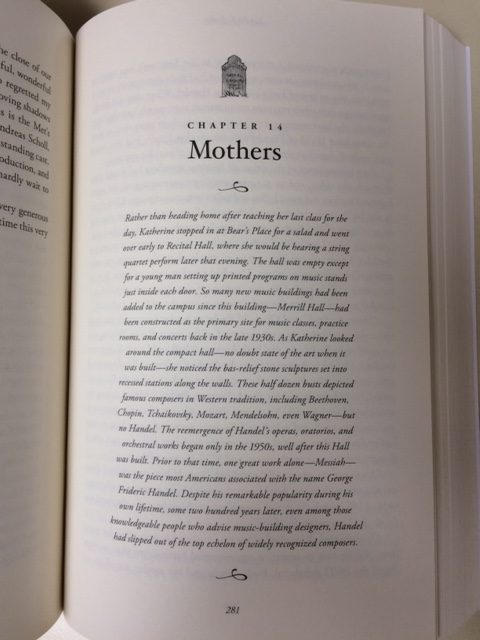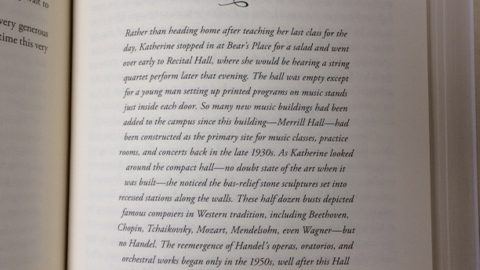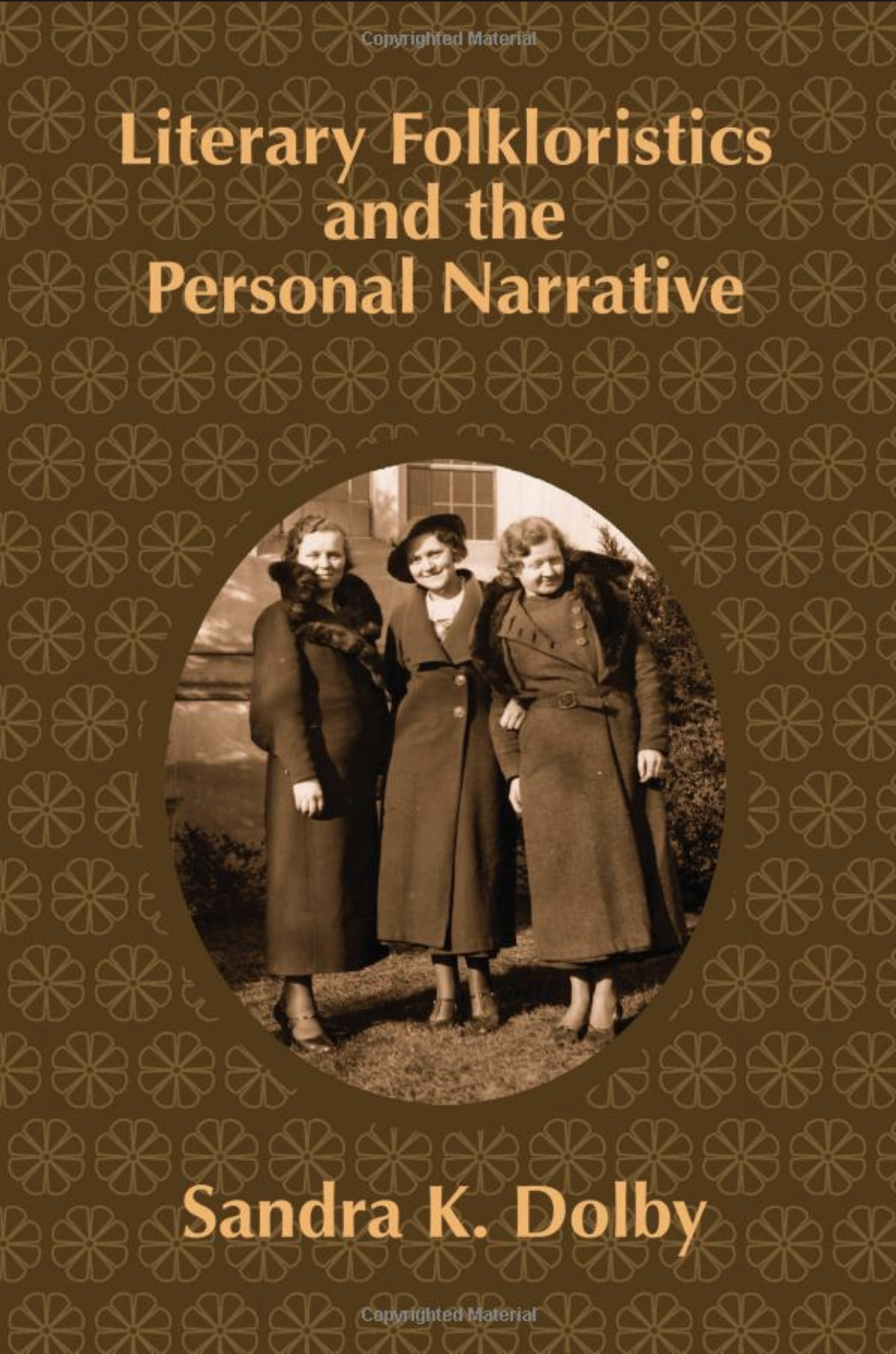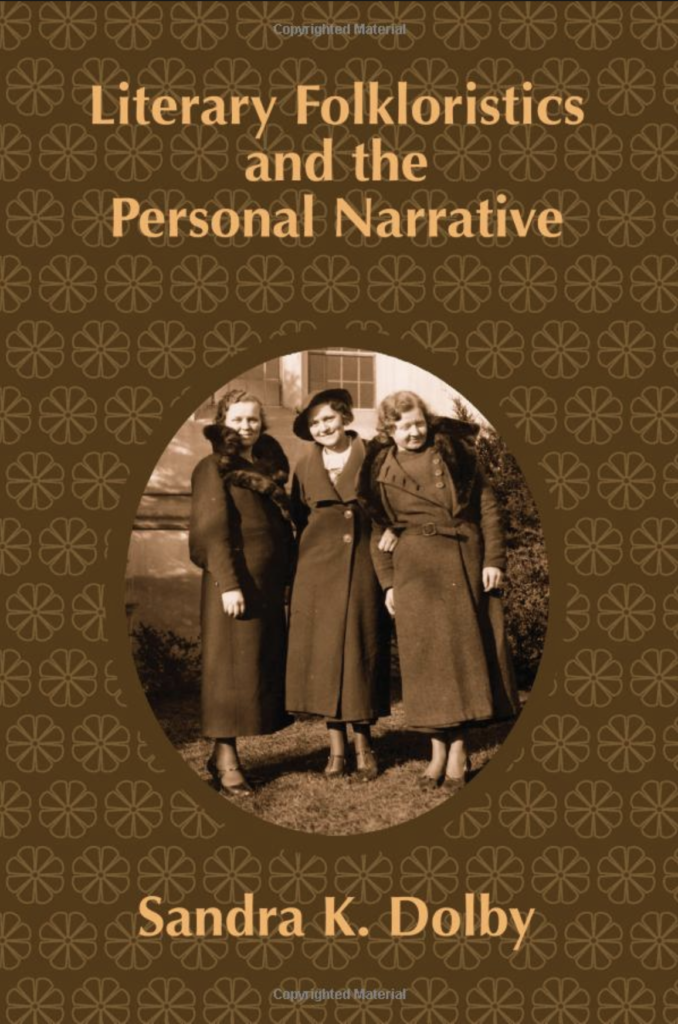Handel blog 13*
Remember me when I am gone away
~Christina Rossetti
Gone far away into the silent land
When you can no more hold me by the hand.
From Katherine: Each day of this pandemic brings more and more losses of older Americans, especially those living in nursing homes. You can read some discussion of the statistics here. Most heartbreaking, in many ways, are the deaths that occur with no friends or family there to say goodbye, no loving hand to hold, no one to respond to the eyes that say, “I love you. Remember me.” That line from Christina Rossetti’s poem has always tugged at my heart. I remember some of our discussion of the anguish Handel felt when his mother died and he was unable to be there or even to attend her funeral.

From Peter: Yes, I have seen a couple of recent articles lamenting exactly that—the sadness that comes with not being able to see a dying friend or relative. I’ll share this one and this one. I know such distressing stories will be the subject of valuable collections in many newspapers and museums across the country. Such a sad way to be remembered. We need to have more than just cold offices holding death records.
From Rebecca: Museums, archives. local history centers, maybe even personal diaries—these will all serve to preserve the stories of people taken during this pandemic. Perhaps we will learn something from their reports. Perhaps we will know how to respond more quickly and believe those who warn us of dangers that come when we send away the watchdogs. How many could we have saved if we had listened to our doctors and researchers earlier?
From Katherine: I expect we will hear many more stories of the vulnerable who succumb as well as those who have risked infection on a daily basis—the nurses, doctors, grocers, delivery people, trash haulers, and cashiers. On a more positive note, perhaps we will finally pay people a living wage and offer them universal health care. Perhaps something good will come from this time of loss. Good things did follow the Plague years in Europe. Handel gained much from being a part of the great push to rebuild and renew after Halle’s many deaths. May we garner some good, and may the sad losses end soon. Let us think of some promising signs for our next exchange. I need some emotional sunshine.
*All posts listed as “Handel blog” are texts that use the fictional characters in my book The Handel Letters: A Biographical Conversation. As in that book, the posts will often reference things from Handel’s life or time period as starting points. And the post will cite a page or paragraph in the book when it seems relevant. Find The Handel Letters.


